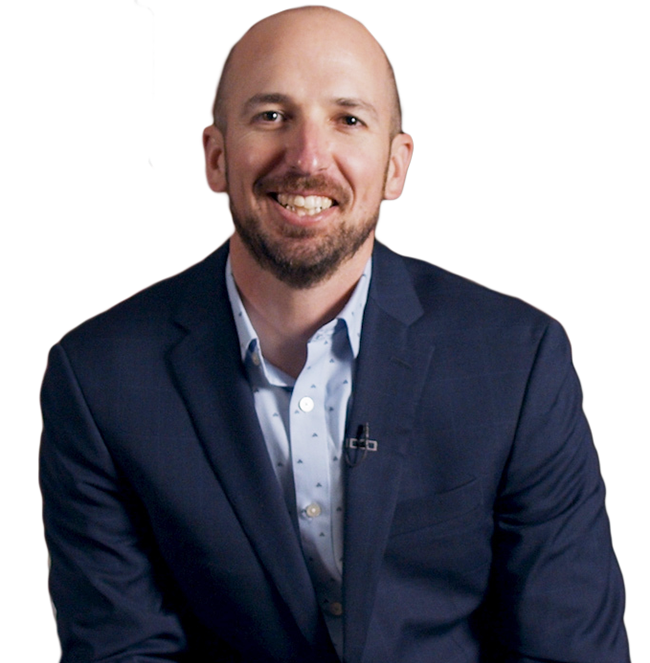Do This Simple Trick Now to Maximize Your Gains in 2020
I’ve got a story for you. It’s funny.
And, better still, it could put some extra jingle in your pocket.
It involves a man who lives in Alaska, not too far from where I once called home.
He’s a duck hunter.
But this time the ducks won. They just about burned his house down.
About a week ago, he did what he always does when he bags a few birds. He tied them to a string and hung them on his front porch to dry out overnight.
It never caused a problem before. But the hunter recently painted his house. And when he did, he pulled the nail he usually ties his ducks to.
He didn’t think much of it as he improvised and looped the string around his porch light.
But later that night he heard some popping… and some sizzling.
His porch was on fire.
The birds dried off, and the oil on their feathers lit up the night.
It’s proof that little changes can have big implications.
Little Change… Big Effect
It’s with that idea we take our presidential hopeful hat off (just for this morning!) and blow the dust off our old financial advisor cap.
It still fits… even with a whole lot less hair under it.
We’ve written about the notion of diversification a few times in the past month.
It’s an important subject. Much has been penned about it.
That’s what has us so worried.
Everything out there says the same thing.
Check out these lines from Forbes:
Diversification is one of the hallmarks of modern portfolio theory, and is one of the relatively few concepts most investors – at least at a high level – seem to inherently understand. Though many investors can likely benefit from additional diversification, above and beyond what is offered within their current portfolio, people generally seem to get the idea that “putting all of your eggs in one basket” can lend itself to substantial, and often unnecessary risk.
Modern portfolio theory, we’ll remind new readers, isn’t so modern.
It debuted in 1952… and hasn’t changed since.
The idea isn’t wrong. There’s no grand fallacy in the notion of diversification. But we’ll remind you of something we say often. If something is so simple that everybody’s doing it with their money… do you want to do it, too?
We say no.
We say that’s the very definition of mediocrity. And we won’t stand for it.
That’s why we bring up the tale of the duck hunter. He failed to see that something had changed. He did what he always did. And he got burned.
All it took was one small thing. He removed a nail. And, small as it was, it nearly cost him his house.
That’s why we beg you to do something very important today.
Now that we’re at the end of the year, open up your portfolio. See what rose and what fell over the last 12 months. Then ask yourself some important questions.
Spare Some Change
What has changed since you initially invested in those assets?
Perhaps you invested in tech stocks expecting a big surge. Well, you got it. Now what?
Perhaps you invested in bonds, expecting the bull market to continue. Again… you got it. What’s next?
The “modern” investing books won’t tell you, but these variables should change your short-term diversification strategy. It’s okay to risk a bit more in some asset classes that have the odds in their favor. It’s okay to shun certain sectors.
And, here’s a shocker, it’s okay to have more money in stocks than your neighbor of the same age.
We’re not saying blind diversification is bad. Clearly it makes sense… for some folks.
But following the same model that’s been in place the last 70 years makes no sense.
Instead, think about this.
All Together Now
From the early 1990s to today, correlations between major asset classes have risen significantly – as much as doubling by some measurements.
Over the past decade, the trend has been greatly magnified.
Domestic large caps, foreign large caps and high-yield bonds have all been quite closely correlated. That means investors who chose beta (stocks that move further and faster than the average) over diversification did very well. But those who diversified for the sake of diversification got very little of what they really wanted.
Most folks have no idea.
That’s because they never bothered to look. They did what they always did.
We’re not saying the same trends will continue into 2019 and you should pour all your eggs into a single, high-risk basket.
Not at all.
But it sure wouldn’t hurt to see what’s worked… and make sure you do some more of it.
Things change.
If you don’t change with them, you’ll surely get burned.
[adzerk-get-ad zone="245143" size="4"]About Andy Snyder
Andy Snyder is the founder of Manward Press. An American author, investor and serial entrepreneur, Andy cut his teeth at an esteemed financial firm with nearly $100 billion in assets under management. In the years that have followed, he’s become sought after for his outspoken market commentary.
Andy and his ideas have been featured on Fox News, on countless radio stations, and in numerous print and online outlets. He’s been a keynote speaker and panelist at events all over the world – from four-star ballrooms to Capitol hearing rooms – and has rubbed shoulders with lawmakers, lobbyists and Washington insiders. He’s had lunch with John McCain… fished with America’s largest landowner… and even appeared on the Christmas card of one of Hollywood’s top producers.
Today, Andy’s dissident thoughts on life, Liberty and investing can be found in his popular e-letter, Manward Financial Digest, as well as in the pages of Manward Letter. He also is at the helms of the award-winning VIP Trading Research Services Alpha Money Flow and Venture Fortunes. Andy resides on 40 bucolic acres in rural Pennsylvania with his wife, children and a steadily growing flock of sheep.






